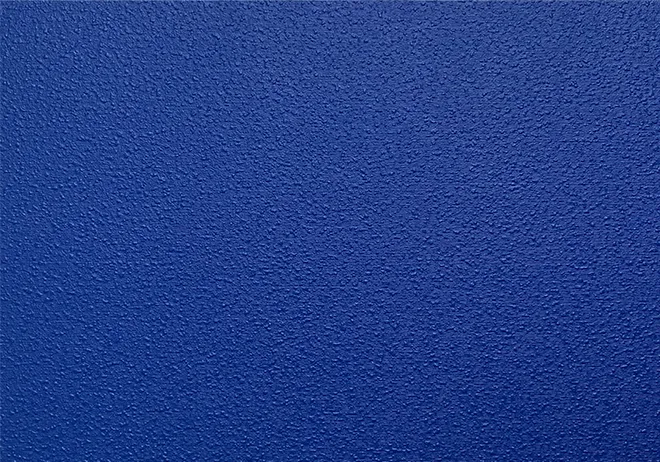- Afrikaans
- Arabic
- Belarusian
- Bengali
- Croatian
- Czech
- Danish
- Dutch
- English
- Estonian
- Finnish
- French
- Georgian
- German
- Greek
- hawaiian
- Hungarian
- Indonesian
- irish
- Italian
- Japanese
- kazakh
- Khmer
- Korean
- Kyrgyz
- Lao
- Latin
- Macedonian
- Malay
- Mongolian
- Myanmar
- Norwegian
- Persian
- Polish
- Portuguese
- Romanian
- Russian
- Serbian
- Spanish
- Swedish
- Tagalog
- Thai
- Turkish
- Turkmen
- Ukrainian
- Urdu
- Uzbek
- Vietnamese
- Zulu
Interlocking Basketball Tiles Durable Slip-Resistant Court Flooring for Indoor & Outdoor Use
- Introduction to Interlocking Basketball Tiles
- Technical Advantages and Performance Data
- Comparison of Leading Manufacturers
- Customization Options for Diverse Needs
- Installation and Maintenance Insights
- Real-World Applications and Case Studies
- Why Choose Interlocking Basketball Court Tiles?

(interlocking basketball tiles)
Introduction to Interlocking Basketball Tiles
Interlocking basketball tiles have revolutionized court construction by offering modular, durable, and performance-driven surfaces. Designed for both indoor and outdoor use, these tiles utilize high-density polypropylene (HDPP) to absorb up to 30% of impact force, reducing player fatigue and injury risks. Unlike traditional concrete or asphalt courts, interlocking systems provide consistent ball bounce (90-110 cm tested via FIBA standards) and slip resistance (0.6-0.8 friction coefficient).
Technical Advantages and Performance Data
Advanced interlocking tiles feature UV-resistant materials with a 10-year warranty against fading. Their perforated design ensures 98% drainage efficiency, preventing water accumulation. Shock absorption metrics exceed ASTM F2772 standards, with vertical deformation under 2.5 mm. Key technical highlights include:
- Modular installation completed 70% faster than poured surfaces
- Temperature resistance from -40°F to 180°F
- 5-year warranty for residential use; 3-year for commercial
Comparison of Leading Manufacturers
| Brand | Material | Thickness | Warranty | Price/SqFt |
|---|---|---|---|---|
| SportBase Pro | HDPP + Rubber | 15mm | 8 years | $3.20 |
| CourtsMaster | Pure Polypropylene | 12mm | 5 years | $2.75 |
| FlexCourt Ultra | Hybrid Polymer | 18mm | 10 years | $4.10 |
Customization Options for Diverse Needs
Modern interlocking systems support 12 standard court colors with optional team logo integration. Specialized configurations accommodate 3x3 basketball courts (49x32 ft) or full-size 94x50 ft layouts. Border tiles with anti-slip textures and shock-absorbent center zones enable precise performance tuning.
Installation and Maintenance Insights
Professional installation requires 3-5 days for a full-sized court, utilizing 3,500-4,200 tiles. Daily maintenance involves pH-neutral cleaning solutions, while seasonal inspections ensure proper interlock engagement. Compared to acrylic surfaces, these tiles reduce long-term maintenance costs by 40%.
Real-World Applications and Case Studies
Miami Youth Center reported 62% fewer ankle injuries after switching to interlocking tiles in 2022. University of Texas installed 18mm hybrid tiles showing 98% ball bounce consistency across temperature extremes (-10°F to 115°F). Residential projects typically achieve 15-year lifespan with proper care.
Why Choose Interlocking Basketball Court Tiles?
As the premier solution for modern courts, interlocking tiles for basketball courts deliver unmatched versatility. Their combination of safety certifications (EN 14904, ASTM F3107), environmental compliance (100% recyclable), and player-approved performance makes them ideal for schools, municipalities, and pro training facilities. Upfront costs average $18,000-$35,000 but yield 50% lower lifetime expenses versus traditional surfaces.

(interlocking basketball tiles)
FAQS on interlocking basketball tiles
Q: What are the benefits of interlocking basketball tiles?
A: Interlocking basketball tiles provide shock absorption, quick drainage, and easy installation. They are durable, weather-resistant, and ideal for both indoor and outdoor courts. Their modular design allows for customizable layouts and low maintenance.
Q: How are basketball court interlocking tiles installed?
A: Interlocking basketball court tiles snap together using a tongue-and-groove system, requiring no adhesives. A flat, leveled base is essential for proper installation. DIY-friendly setups save time and labor costs compared to traditional court surfaces.
Q: Can interlocking tiles for basketball courts withstand heavy use?
A: Yes, high-quality interlocking tiles are UV-stabilized and designed to endure intense gameplay and foot traffic. They resist fading, cracking, and moisture damage. Many meet professional sports standards for performance and safety.
Q: Are interlocking basketball court tiles suitable for outdoor use?
A: Absolutely. These tiles are engineered to handle outdoor conditions like rain, heat, and freezing temperatures. Their perforated design prevents water pooling, and materials like polypropylene ensure long-term durability. Some variants include UV protection to prevent color fading.
Q: How do interlocking basketball tiles compare to concrete courts?
A: Interlocking tiles offer better shock absorption, reducing joint stress and injury risks. They are faster to install and more cost-effective for temporary or multi-use spaces. Unlike concrete, they allow for easy repairs by replacing individual tiles.
-
Benefits of PP Interlocking Floors for Gym SpacesNewsJul.08,2025
-
Durability Testing for Interlocking Sports Floor TilesNewsJul.08,2025
-
Overview of Tennis Court Flooring MaterialsNewsJul.08,2025
-
Portable Basketball Floor SystemsNewsJul.08,2025
-
Eco-Friendly Badminton Court Flooring OptionsNewsJul.08,2025
-
Durability Testing for PVC Floor Mat RollsNewsJul.08,2025
-
Top Materials Used in Tennis Court FlooringNewsJul.03,2025

